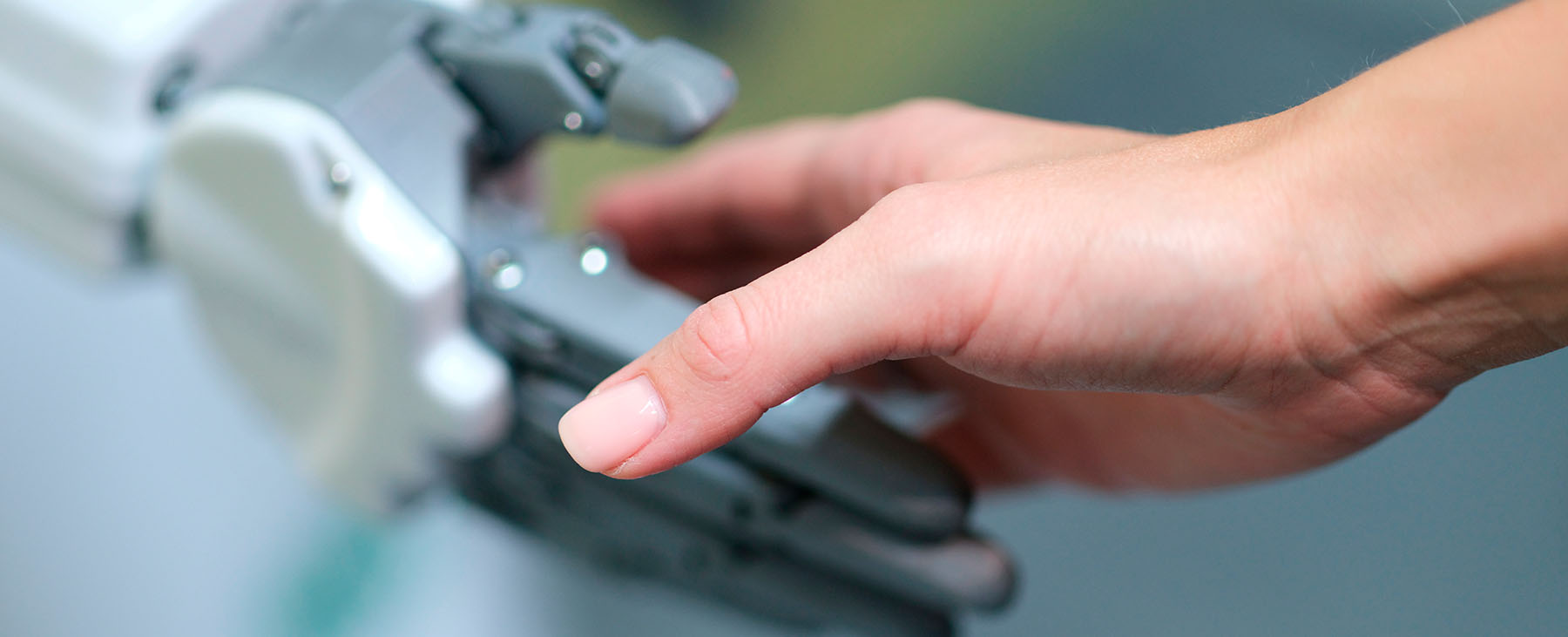

AI: Life-saving technology
Artificial intelligence generates equal parts of admiration and rejection. The advantages of a digitalised world clash with the desire not to lose traditional practices. The fear, primarily, is of losing the human side, but what if technology could help us to enhance it?
In recent years, research in scientific fields has been strengthened thanks to the incorporation of AI, artificial intelligence. Universities, companies, and projects are joining forces to advance and improve both disease diagnosis and treatment, with special emphasis on improving the quality of life of patients, both physically and psychologically.
Artificial intelligence reaches the field of mental health and is part of this crusade, between therapists and patients, to speed up the diagnosis process, facilitate its recognition and improve the precision of each treatment.
Algorithms to prevent disease
In everything that affects mental health, the prevention factor is key. For this reason, entities, companies, and organisations are joining forces – increasingly sophisticated – to make tools available to the population that facilitate the process of asking for help. Diagnosis, treatment, and recovery depend on this first step.
Countries such as the United States have taken action, and more and more research centres are turning to AI. We find projects such as The Trevor Project, which, through AI, has created a safe space for the LGBTQI+ community, especially as a support for young people. The reason is as simple as it is worrying: they estimate that in the United States alone, 1.8 million young people consider suicide every year, and at least one young person attempts suicide every 45 seconds. If we expand these figures, calculated only in relation to the LGBTQI+ collective, among the total population, the figures increase considerably.
Catalonia has also developed research projects and companies oriented towards AI for mental health. For example, the STOP Project, led by the Universitat Pompeu Fabra, is aimed at detecting depression and preventing suicide and eating disorders. They do this thanks to an algorithm that acts focused on social networks, a space where users are especially vulnerable. Thanks to the latest campaigns carried out, the project has managed to increase by 60% the calls to the Telèfon de l’Esperança, a foundation that accompanies all those who feel lonely or may need help.
The right words can save lives
AI has made it possible to take a step forward, and businesses from different fields are creating algorithms to help. The first advantage of digital tools is accessibility, allowing therapeutic resources to be at hand anywhere and at any time. This is a key advantage, although it may minimise its effect on profiles of people who are not very technological or without resources.
The sophistication of AI systems is such that they are capable of analysing the patient’s behaviour, facial expressions, tone of voice, or the language they use. With all this data, the X-ray of a patient can be much more realistic, and the diagnosis more accurate. Two key factors in mental health, especially if we take into account that half of the patients receive erroneous diagnoses, according to Aimentia, a Catalan company that develops digital tools for professionals in the field of mental health.
Other algorithms go further and analyse conversations between patients and therapists with the aim of providing professionals with a more accurate approach when communicating with patients. The goal of all these projects is clear: to get mental health problems, which according to the WHO affect one in four people, treated and cured.
11Onze is the fintech community of Catalonia. Open an account by downloading the super app El Canut on Android and Apple and join the revolution!
Leave a Reply
You must be logged in to post a comment.





Gràcies
Gràcies a tu, Joan!!!
Que la IA sigui capaç de millorar ,la prevenció, diagnòstic i tractament de les malalties de Salut mental,es per felicitar i un bri d’esperança important
El cervell es el gran desconegut i aquesta eina farà avançar en el coneixement
Gràcies per la informació
Molta raó, Alícia, i moltes gràcies pel teu comentari.
Tot l’avenç per un bon diagnostic, benvingut sigui.
Gràcies, Manuel!
Bon article. Gràcies.
Gràcies a tu, Pere, per apreciar-ho!
“analitzar el comportament del pacient, les expressions facials, el to de veu o el llenguatge”. Si això és cert benvinguda la IA, perquè sempre el gran problema és el diagnòstic, tant en la salut mental com en les demències.
En qualsevol malaltia directament relacionada amb el cervell, pocs metges tenen ull clínic per derivar el malalt a l’ especialista adequat.
Ben cert, Mercè! Oimés si tenim en compte que, com diu l’article, la meitat dels pacients rep diagnòstics erronis.
Gràcies per la teva reflexió!